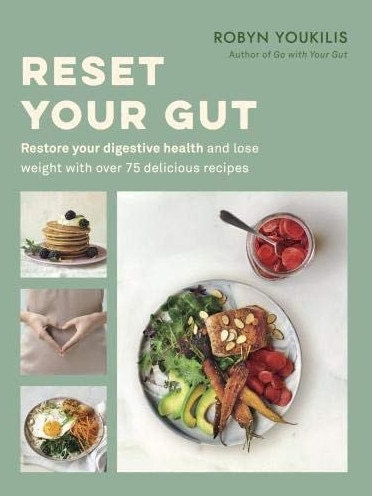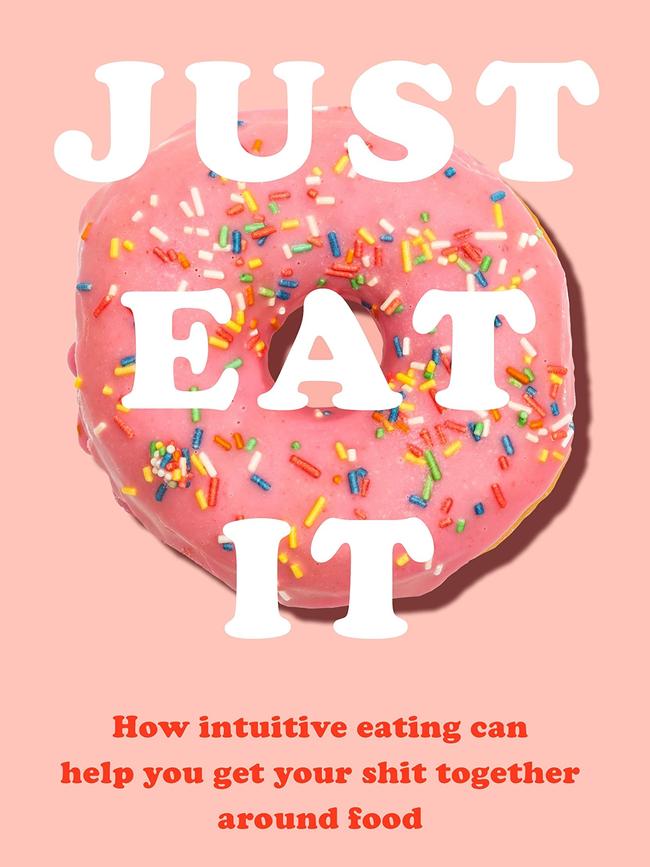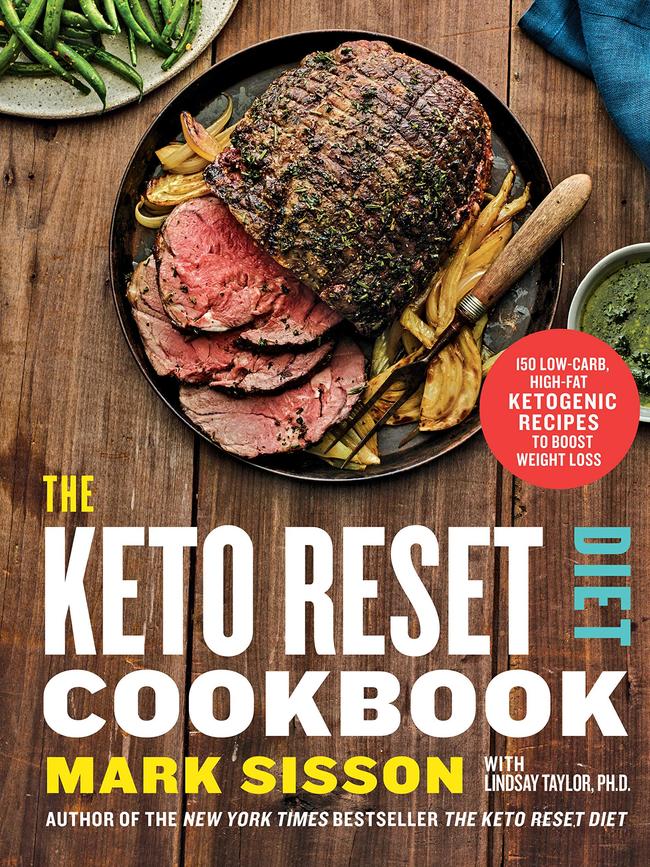Take a break from dieting to lose weight
Don’t let your body fight itself while dieting to lose weight, an obesity expert warns.

Knowing when you need to go on a diet is easy.
Choosing one can be a lot harder, given the hundreds of different plans out there, each promising to tip your scales.
“Anyone can lose weight on a diet, but everyone struggles to keep it off. And it doesn’t matter what diet you follow, you get the same response every time — weight loss followed by weight regain, and this includes the new fads: 5.2, keto, paleo, and intermittent fasting,” University of Sydney obesity expert Nick Fuller says.
Of the recently released titles joining the smorgasbord, 8 Weeks to Wow perhaps makes the most audacious claims given that, as the title implies, the diet is designed for a limited time.
Written by husband-and-wife duo Chief Brabon and Emilie Brabon-Hames, creators of the Original Bootcamp training program, the book combines thrice-daily rounds of cardiovascular and strengthening exercises, along with weekly recipe options, such as barbecued chilli octopus and foil-roasted eggplant, that are heavy on fresh vegetables and protein, but light on simple sugars and carbohydrates.
Sticking to their plan will result in significant weight loss. But keeping the fat at bay will also rely on new eating habits forming after the eight weeks, not to mention continuing the exercise regimen.
Reset Your Gut takes a different approach. Unlike traditional diets, wellness expert Robyn Youkilis doesn’t recommend kilojoule counting. Her focus is on “mindful eating” and following the “Good Gut” rules.
“We know that different bacteria populations are associated with weight gain versus weight loss and that the health of your microbiome can dictate how fast your metabolism runs,” she writes.
Her plan advocates eating mostly vegetables, greens, protein and fermented food, with recipes such as activated corn cakes, fermented fruit soda and kale spanakopita. She recommends consuming probiotics and, of course, having a daily “nice smooth bowel movement — well formed and easy to pass”.
Nutritionist Laura Thomas’s Just Eat It eschews concepts such as dietary cleansing and superfoods. “In recent years, ‘clean’ eating and myths born out of the wellness guru generation have been thoroughly debunked and chalked up to pseudoscience,” she writes.


Thomas is part of what she calls the “anti-diet” movement and a believer in “intuitive eating”, which allows you to eat whatever you want, whenever you want.
Her theory is that once you’ve got over your initial gorging on pizza and ice cream, you’ll gravitate towards a healthier and more balanced diet that is in tune to your body’s needs.
“The psychological, physiological, and social stress of diets and the pursuit of weight loss outweigh the benefits,” she writes.
Thomas lays out a comprehensive argument for her plan, over 400 recipe-free pages, dispelling food myths such as the medicinal properties of food, the over-simplistic “dangers” of sugar, and the purported health benefits of organic produce.
Arguably one of the most popular diets is the low-carb diet in all its various forms, such as the Keto Reset Diet advocated by former endurance athlete and “evolutionary health” expert Mark Sisson.
Sisson says a ketogenic diet, where the body is forced to burn stored fat as fuel, is effective for long-term weight loss because it suppresses hunger.
“By adhering to a low-carbohydrate ketogenic eating plan, you can enjoy the longevity benefits of fasting and calorie restriction without having to suffer or starve,” he writes.
In The Keto Reset Diet Cookbook, Sisson provides 150 high-fat recipes such as savoury shrimp mushrooms, pesto vegie fritters and key lime pistachio mug cake that are maximum on taste and protein and minimal on carbohydrates.

At times however, his tone verges on conspiratorial, when he discusses matters such as “escaping the sinister influence of carbohydrate dependency” and resisting “conventional dietary wisdom”.
Fuller says diets, in all their various plans, simply don’t work long term.
“We have discovered that the only way to succeed on your weight-loss journey is to follow an interval weight-loss plan so your body doesn’t fight itself,” he tells The Australian.
“You recalibrate your set point at intervals along the way by losing a small amount of weight over a month, before then imposing a break and maintaining that weight loss over the second month, then being allowed to go on and lose weight again in the third month, and so on, until you reach your goal weight.”

To join the conversation, please log in. Don't have an account? Register
Join the conversation, you are commenting as Logout